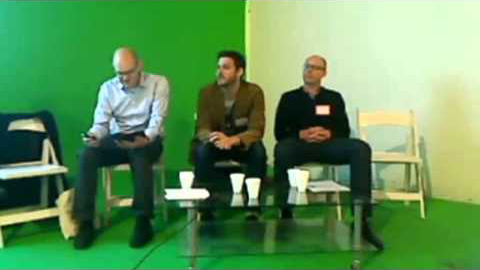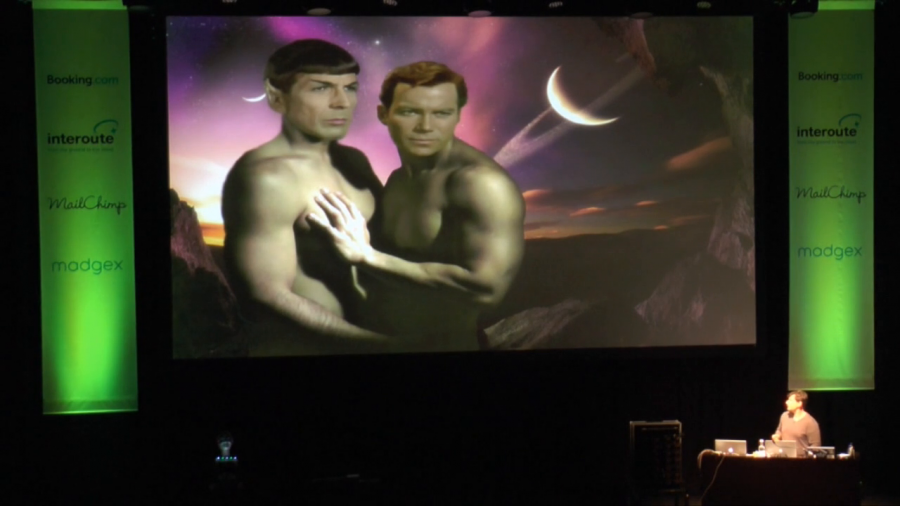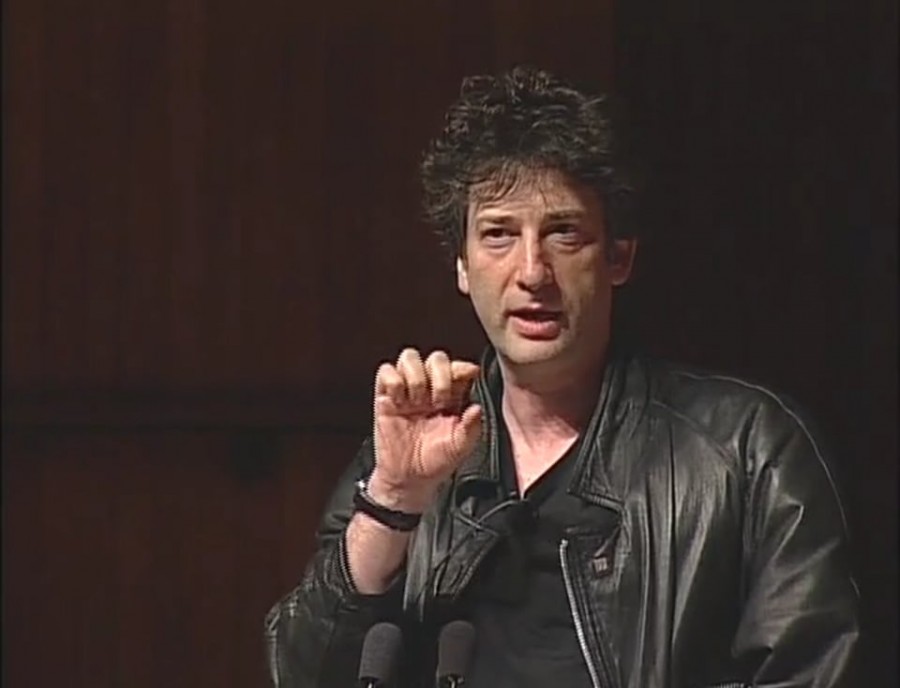The Center, one of our core goals, our mission statement, is to get people thinking more creatively and ambitiously about the future. What I mean when I talk about that is that we need to come up with better stories about the future. If you want to build a better world you have to imagine that world first.
Archive

With social media, the compelling opportunities for self-expression outstrip the supply of things we have to confidently say about ourselves. The demand for self-expression overwhelms what we might dredge up from the inside, from our true selves. So the self that we’re expressing in social media has to be posited elsewhere. We start to borrow from the network. We start to borrow from imagined future selves that we can project. We start to borrow from the media themselves and from other kinds of content circulating there that we can now constitute ourselves with.


